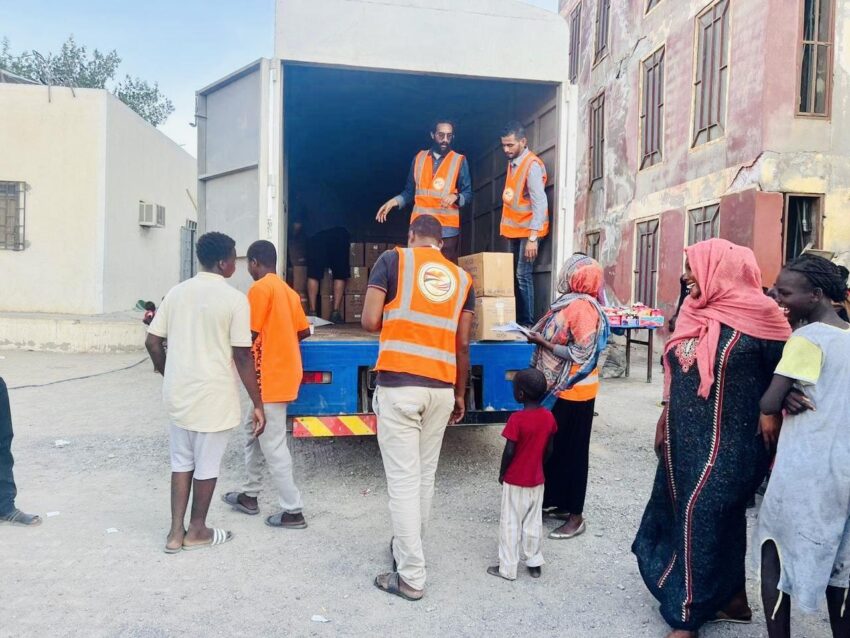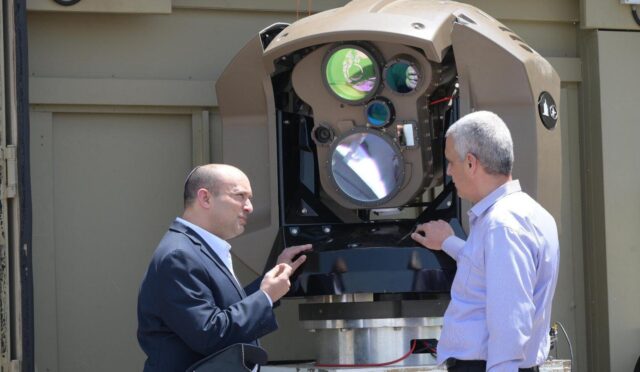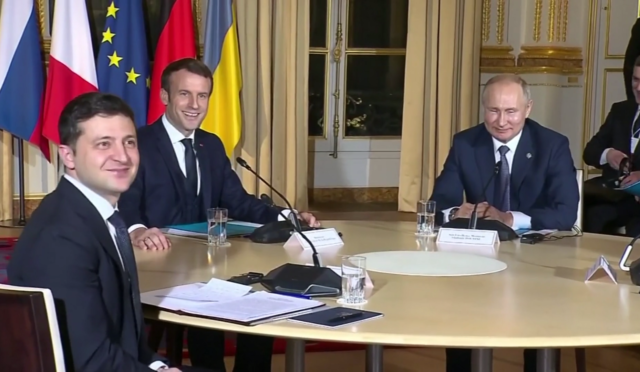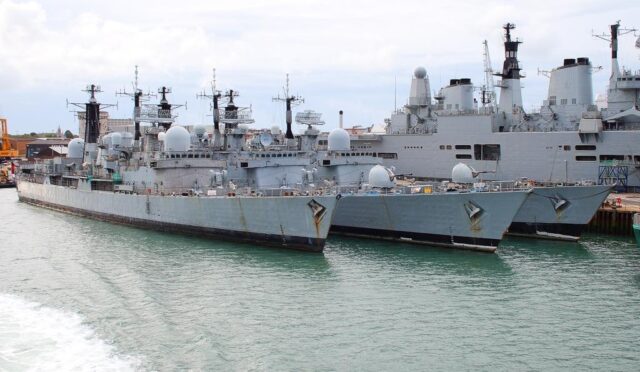Wad Madani’s Market Awakens
In the heart of Wad Madani, a bustling market is slowly coming back to life. Vegetable seller Ahmed al-Obeid meticulously arranges his wooden stall, stacking fresh cucumbers and tomatoes as customers warily return. Just weeks prior, this marketplace was nearly abandoned, with traders shuttering their shops, paralyzed by the fear of paramilitary groups that had taken control of the city.
Now, the atmosphere is vibrant again, filled with the sounds of bargaining and chatter. “We are feeling safe again,” Obeid remarked, reflecting the newfound confidence among the residents. “People are buying and selling like in the old times,” he added, adjusting a pile of onions with a sense of pride.
The Conflict’s Aftermath
Since April 2023, Sudan has been embroiled in a brutal conflict between army chief Abdel Fattah al-Burhan and his former deputy, Mohammed Hamdan Daglo, commander of the Rapid Support Forces (RSF). The United Nations has labeled the situation as an “unprecedented humanitarian crisis” in Africa, leading to sanctions from the United States against both leaders for their roles in the violence.
Wad Madani, once the capital of the fertile Al-Jazira state, became a battleground when RSF forces invaded the city in December 2023. This led to the displacement of hundreds of thousands, forcing them to flee their homes. However, recent signs suggest that recovery is underway, albeit cautiously.
Physical Scars and Healing Hopes
The remnants of war are visible throughout the city, with buildings marked by blackened walls and heaps of rubble serving as grim reminders of the destruction wrought upon the community. Many storefronts and restaurants are left charred and abandoned, showcasing the toll of the conflict.
At the main hospital, expectant mothers wait anxiously in the maternity ward, while nurses rush through the hallways, tending to patients. “Medicine is available. Life is finally back to normal. Things have completely changed, thank God,” expressed Rehab Moussa, a patient. Despite this optimism, obstetrics specialist Khalid Mohammed pointed out the ongoing challenges, noting critical shortages of medical staff and supplies.
The Struggle for Medical Care
Dr. Khalid Mohammed, who was the sole doctor on duty during the RSF’s control of the city, shared his experience of juggling multiple surgeries. Now, as the hospital gradually recovers, he still finds himself racing between operating rooms to manage the patient influx. Since the army’s reclaiming of Wad Madani in January, celebrations erupted in displacement centers, signaling a flicker of hope.
Yet the road to recovery is fraught with obstacles. “Our surgical supplies, including sutures, are nearing expiration, and we really need more anesthesia equipment,” Mohammed lamented, emphasizing the urgent need for resources.
The Call for Community Rebuilding
The recapture of Wad Madani has sparked a wave of returnees eager to rebuild their lives. Reports indicate that dozens of buses have transported thousands of people from Port Sudan and other areas where they sought refuge, back to their homes in Wad Madani. Many returnees were uncertain of what awaited them, given the extensive looting by the RSF.
Despite the challenges, including ongoing power outages and water shortages, tuk-tuk driver Mohammed Abdel Moneim remains optimistic. “The city is safe now. Everything is fine,” he stated with a hopeful tone. “But it is still missing one thing: the people. We need everyone to come back and rebuild the city,” he urged, highlighting the importance of community in the recovery process.
Humanitarian Crisis in the Wake of War
The conflict has not only claimed tens of thousands of lives but has also led to the world’s largest internal displacement crisis. Over 11.5 million people are now displaced within Sudan, including 2.7 million who have been uprooted due to previous conflicts. The humanitarian situation continues to deteriorate, with many facing severe shortages of food, medicine, and basic necessities.
Local monitors and the United Nations have raised concerns over ongoing abuses following the RSF’s departure from the city. Reports have surfaced of targeted violence against minority communities and accusations of complicity with the RSF, underscoring the complex challenges that remain even as the city begins to heal.







